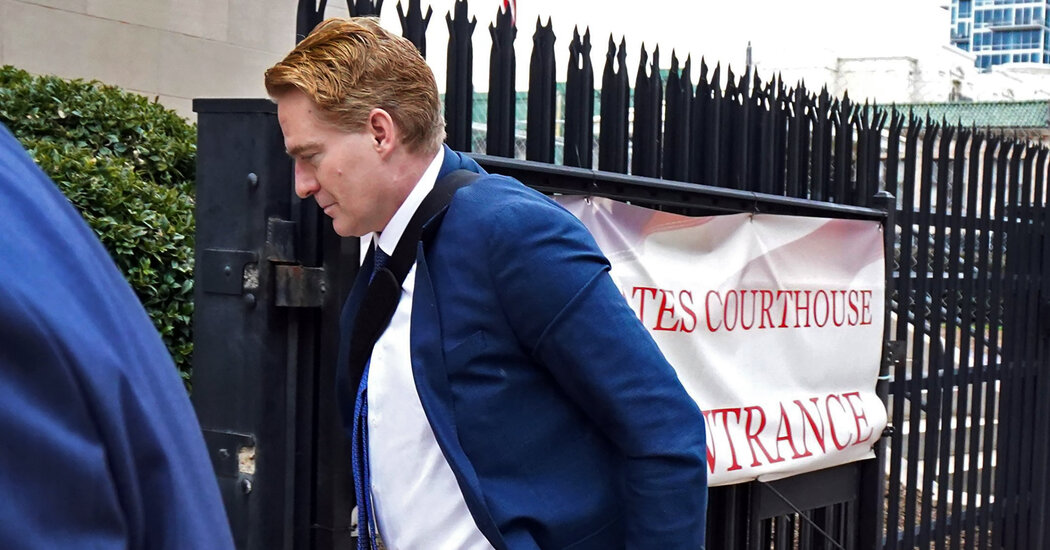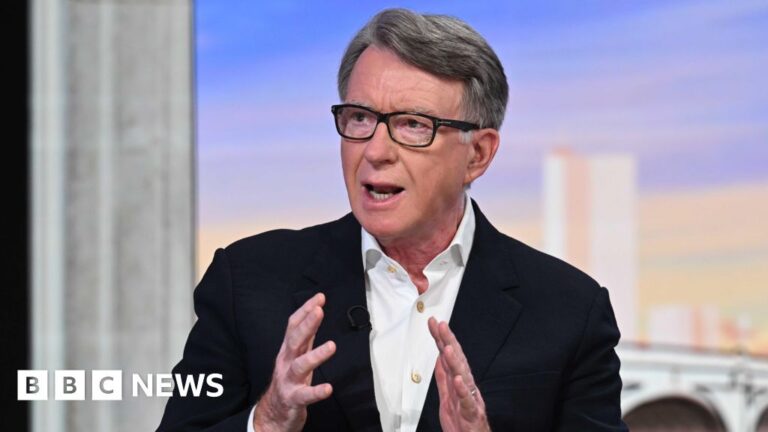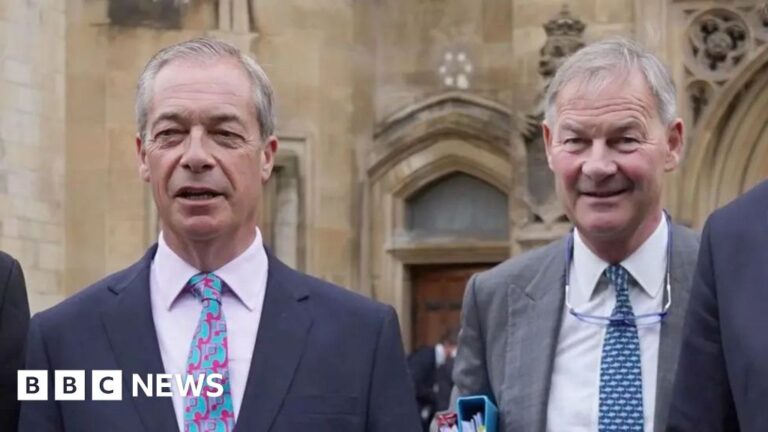On the morning of Jan. 6, 2021, a top White House official assured a Republican lobbyist that his client’s pardon application would be placed in the pipeline for consideration by President Trump before he left office. Hours later, the administration was torn apart by Trump supporters’ attack on the Capitol. The lobbyist never heard back about the pardon, and his client remained imprisoned for his role in an insurance bribery scandal that shook North Carolina Republican politics and left thousands of retirees unable to obtain access to their annuities for years.
Four years later, the lobbyist is back, pushing for a presidential pardon for the same client, the insurance mogul Greg E. Lindberg. But this time around is different. The new administration has a team of appointees focusing on the process early in Mr. Trump’s term, with a particular focus on clemency grants that underscore the president’s own grievances about what he sees as the political weaponization of the justice system.
Lawyers and lobbyists with connections to Mr. Trump have scrambled to take advantage. They have collected large fees from clemency seekers who would not be eligible for second chances under political criteria intended to guide a Justice Department system for recommending mercy for those who have served their time or demonstrated remorse and a lower likelihood of recidivism.
Among them are a rapper convicted in connection with a Malaysian embezzlement scheme, a reality-television-star couple found guilty of defrauding banks and evading taxes, and two Washington, D.C., police officers convicted after a chase that killed a young man.
Mr. Trump’s use of clemency in his first term “was all about cronyism and partisanship and helping out his friends and his political advisers,” said Rachel E. Barkow, a professor at New York University School of Law who has studied the use of presidential clemency. “The potential for corruption is higher” this time around, she said. “Because they’re starting early, they have figured out how they want to set it up so that people have a pipeline to get to them.”
The process used by the pardon attorney’s office to identify and recommend applicants for clemency is intended to favor those who accept responsibility for their crimes and are unlikely to reoffend. Presidents are under no obligation to act on the office’s recommendations in extending second chances through pardons, which wipe out convictions, and through commutations, which reduce prison sentences.
According to people familiar with the matter, Mr. Trump’s White House had paid $100,000 in less than three months of lobbying for one of Mr. Lindberg’s companies back then, according to congressional filings, hinting at the lucrative fees available to those who offer to help secure pardons from Mr. Trump. A different Lindberg company re-engaged Mr. Vogel’s firm after Mr. Trump’s victory in the 2024 election and paid it $100,000 in December.
Source link




